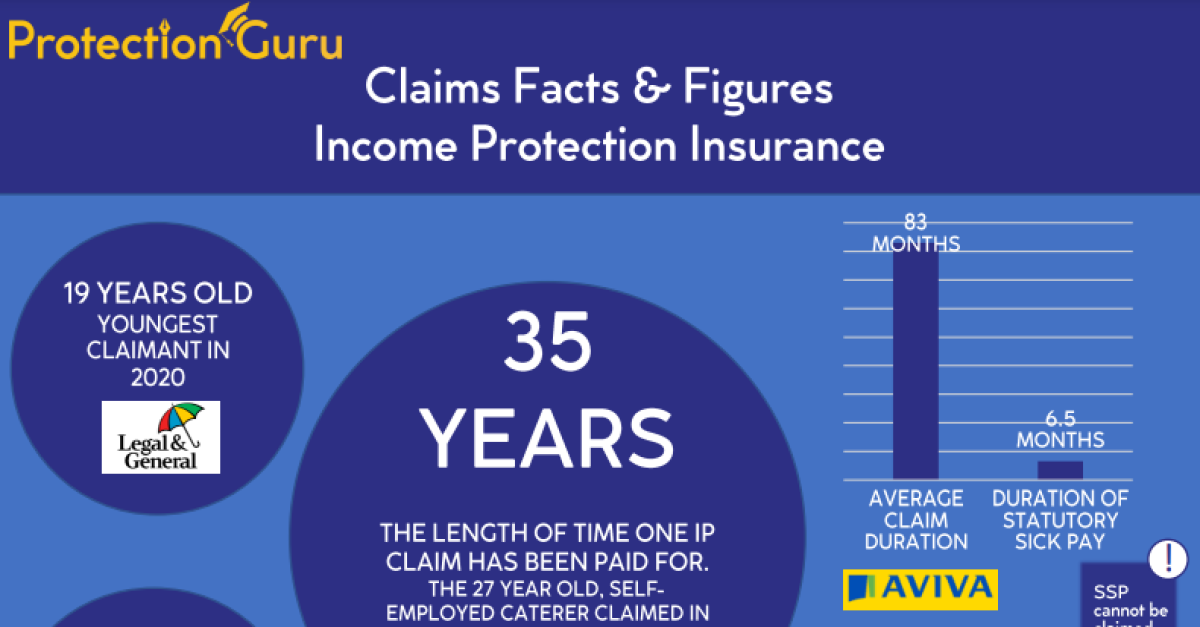
Income Protection Product Features – Everything you need to know

I read a thought article earlier this week that suggested income protection plans were far too complicated and sales were still the poor relation to life and critical illness. Whilst it’s still true that IP sales do lag behind life and critical illness cover by some distance there is no doubt that if there are any positives to Covid-19 the one thing it has done is bring home the realization that protecting income is vitally important and it’s a subject being discussed by clients and advisers more than every before. In terms of it being a complicated product, there may be an argument for that, but I prefer to see it as comprehensive, flexible and adaptable to a client’s changing circumstances. In this latest in our Everything you need to know series we take a look at some of the product features of income protection contracts
Short Term Income Protection

Cost is only one factor to consider when looking at income protection for clients, but it is an important one. Policies have to be affordable for the individual, especially in the current environment where Covid-19 is having such a dramatic impact on people’s incomes.
Advisers who need to find the best solution for cost-conscious clients can look at bringing the cost down by selecting longer deferred periods but there is another way to reduce costs and that is to go for a Short-Term Income Protection (STIP) plan.
Increasing cover when circumstances change

Nothing stays still for long, and that’s why it’s important to regularly review protection and ensure the benefits in place continue to match a client’s circumstances when ‘life happens’. Guaranteed Insurability Options (GIOs) enable clients to increase the level of cover under a policy without further underwriting as long as a certain life event has happened. But which providers offer GIO for which events, and what limits apply to increases and what restrictions are in place?
To read more click here
How income protection providers help with a hospital stay

There are some people who start the day at home as normal but will finish it in a hospital bed, through sudden illness or accident. Income Protection plans are designed to subsidise a loss of income due to illness or injury, but the deferred period often means that the immediate costs of hospitalisation for the family have to be borne before any payment is received.
If insurers can step in and provide financial help while a client is in hospital, on top of the usual income protection benefit, this can make things a little easier for them and their families.
Support for clients whose income has reduced

When people take out an income protection policy the maximum monthly benefit they can receive will be a percentage of their current earnings. However, they might move to a different role or an employer that pays a bit less, especially due to a change of career, others might earn less after going part-time as they get older or juggling work with caring for children or elderly relatives, or in todays environment Covid-19 may have forced a change to a lower paid job. A minimum benefit guarantee is a feature that some insurers use to cushion people from the impact that a drop in earnings might have on their income protection benefits.
To read more click here
A recurrance of the same or a similar illness or injury

One of the ways advisers can ensure income protection is affordable, whatever the client’s budget, is to help them choose the most suitable deferred period for their circumstances. A deferred period, sometimes known as a ‘waiting period’ is the time that a claimant will need to be off work before they receive an income from their plan. In some circumstances, when one claim follows a previous claim fairly quickly, an insurer will not apply the deferred period. In this insight we look into linked claims and see how providers compare.
Watch out for future “Everything you need to know” pieces where each week we will cover a different topic and provide you with the information you need to know to discuss the topics with your clients.

















